

Marika is a young and beautiful girl, her family runs a fabric shop called White Peacock. Their life turns upside down when the train and the promise of the modern world arrives in their little hometown. However, not only the train arrives in the girl's life, but also two men: the rational and cunning Jenő Toll and the intelligent and dreamy Baron Pankotay. In Marika, the two men, new, strange feelings and family pressure break the usual balance. Marika must make a decision when the modern world threatens both the security and livelihood of her family. Her decision surprises everyone.
The director, with his usual bittersweet style, began to present a slice of the regime change, using the original diary of the Petőfi Socialist Brigade in Szentes. The film focuses on community cohesion, survival and creative solutions in the era of the deficit economy and socialist planned economy, aiming to not only delve into the past, but also to appeal to the younger generation with its humour and to show them the sometimes burlesque-like everyday life of the 1970s and 1980s.
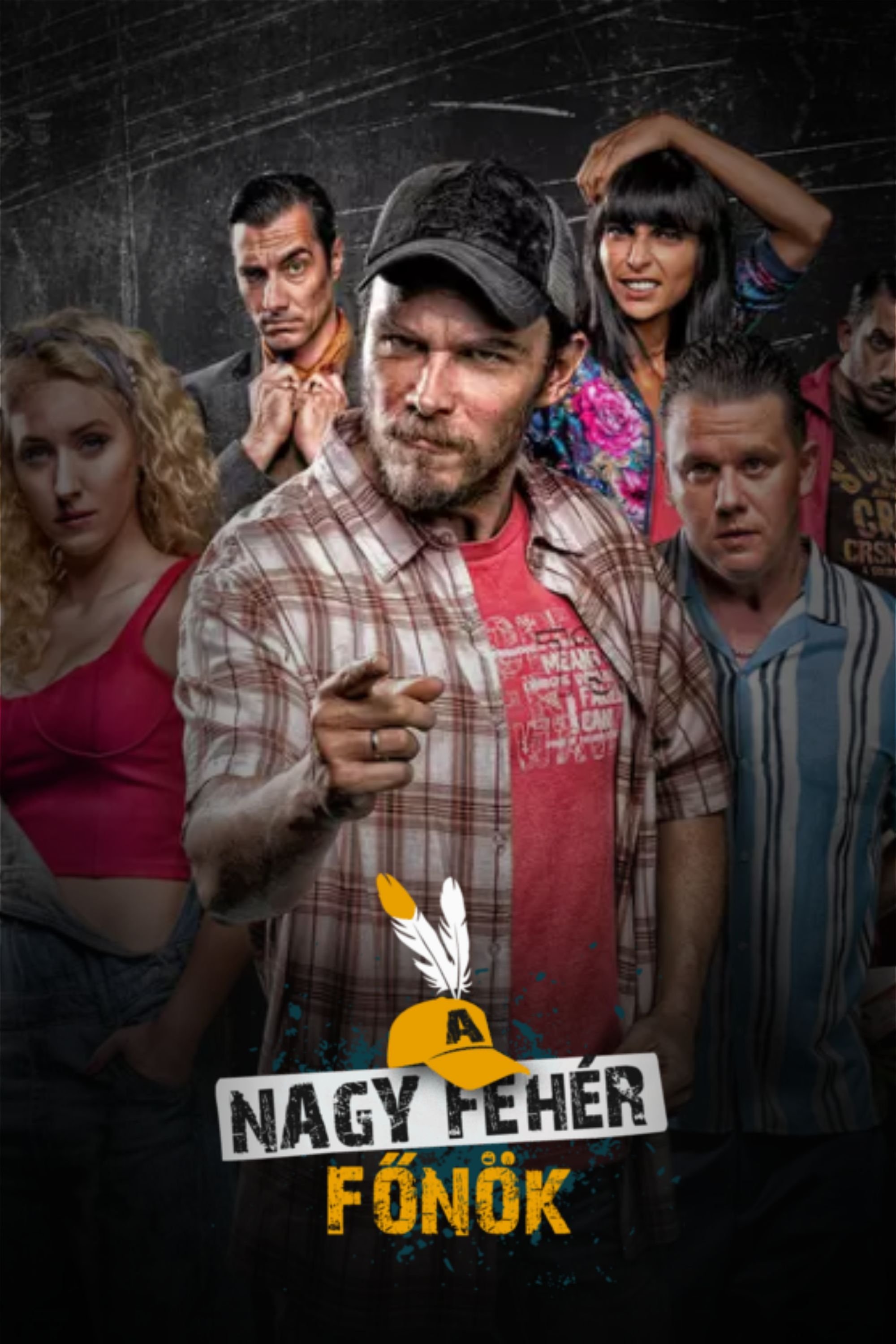

The fresh president of Hungary find himself in trouble with taxi drivers. The taxi drives are disappointed in the democracy and protesting against the drasticly raising gas prices. The drivers build blockades all over the capital.
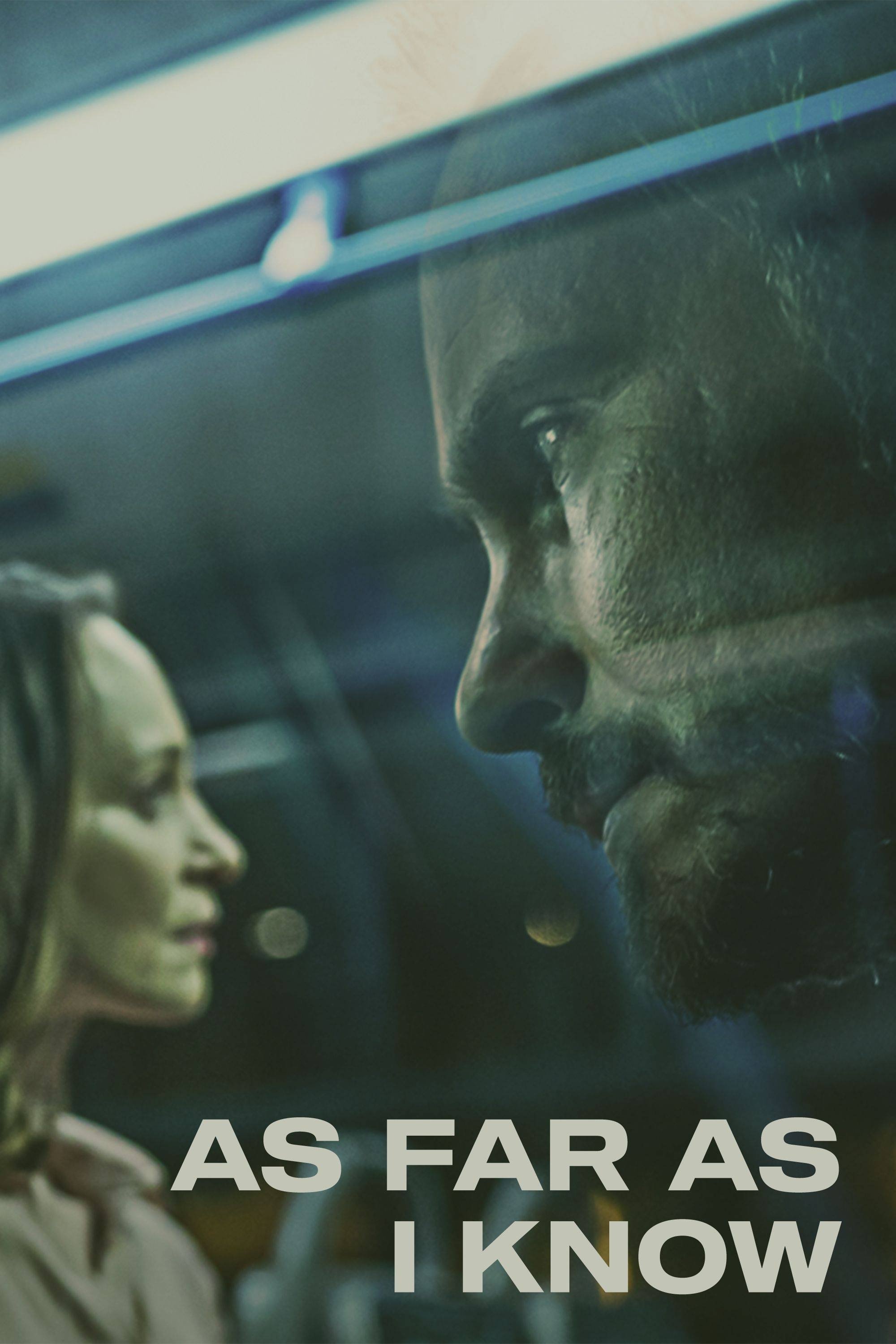
No equal signs of justice can be drawn between those who are accused of a crime, those who are convicted of a crime and those who are the true offenders. That triangle always contains the accused who are not guilty and true offenders whose guilt cannot be ultimately proven. Throughout history, one of the greatest deviations in the strive towards equality has occurred in the triangle of guilt in sexual crimes, where guilt is largely proven on the basis of a woman’s will.
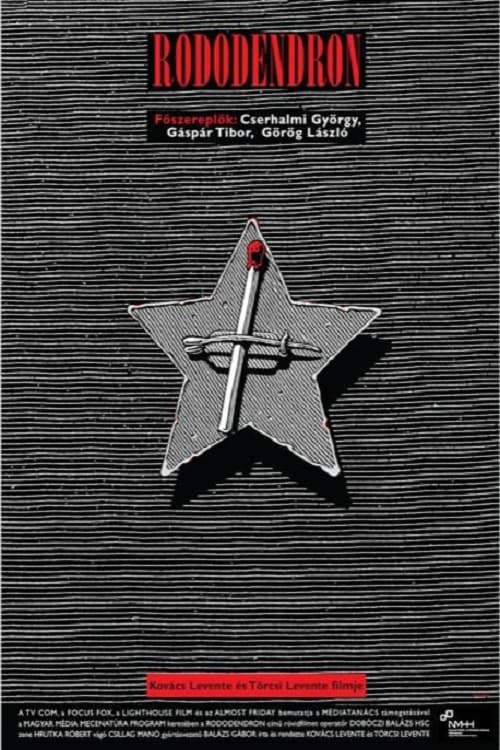
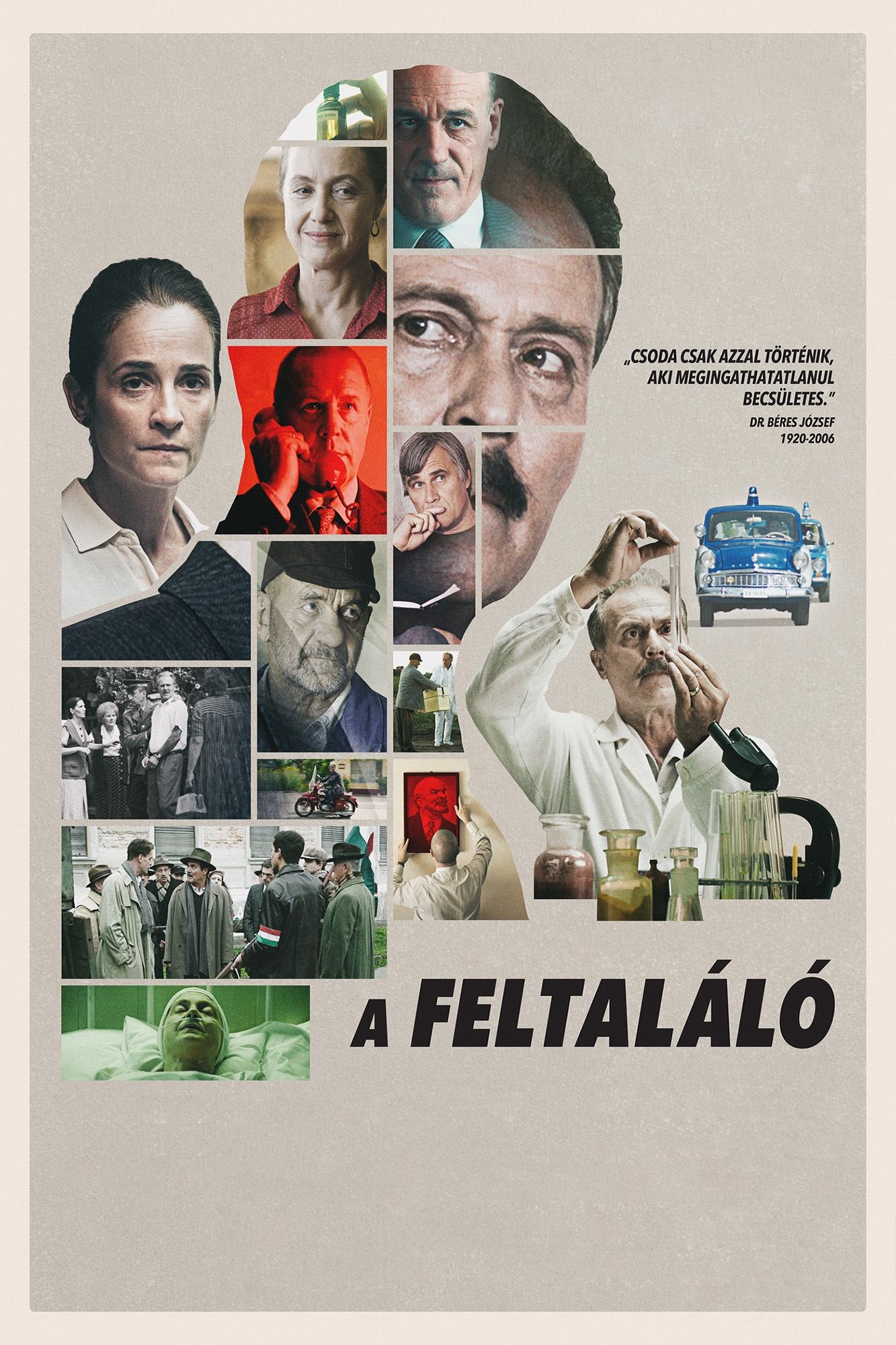
This biopic traces the life of Dr. József Béres from the development of the "Béres drops" to his struggles under the Communist regime in Hungary.
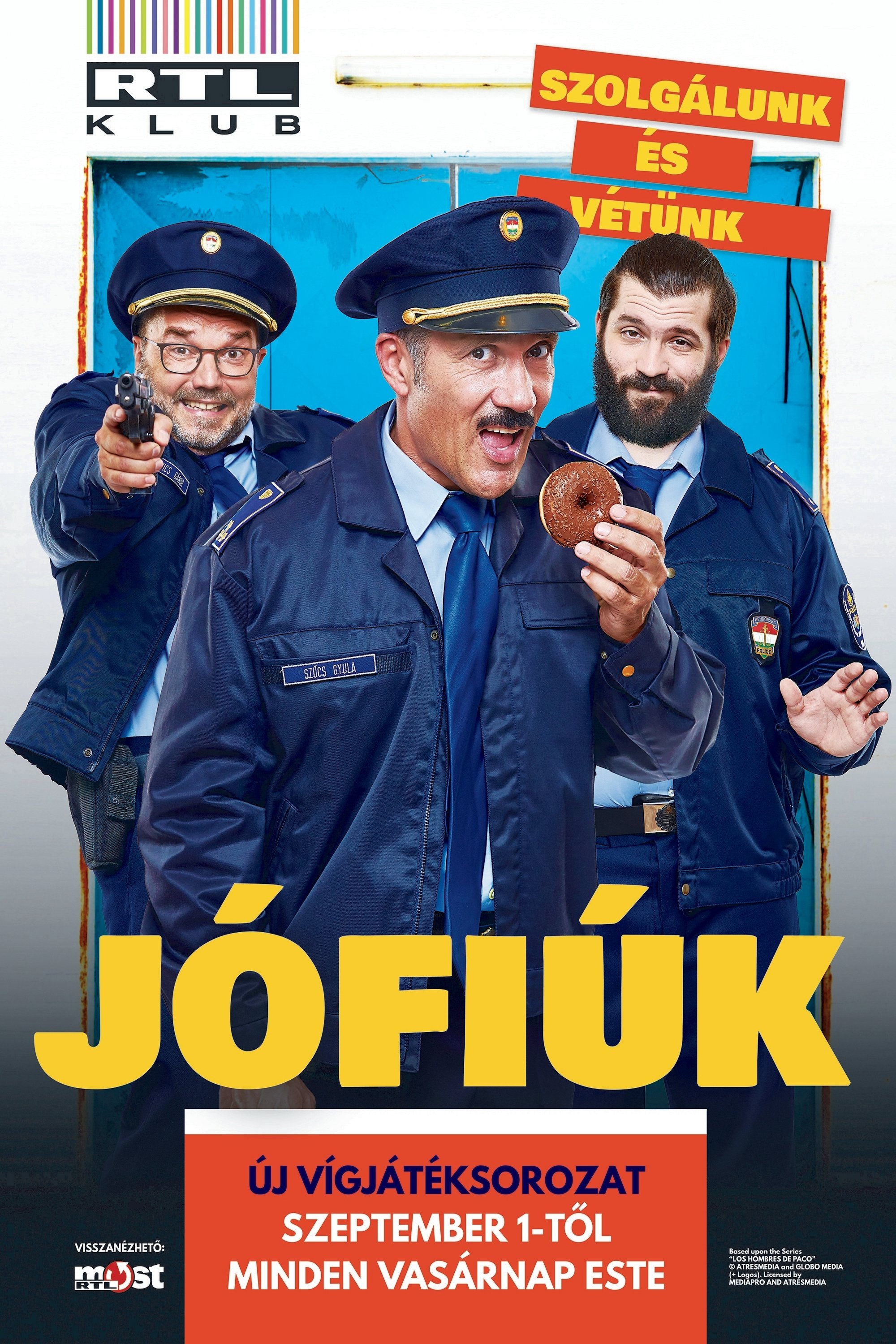
By browsing this website, you accept our cookies policy.